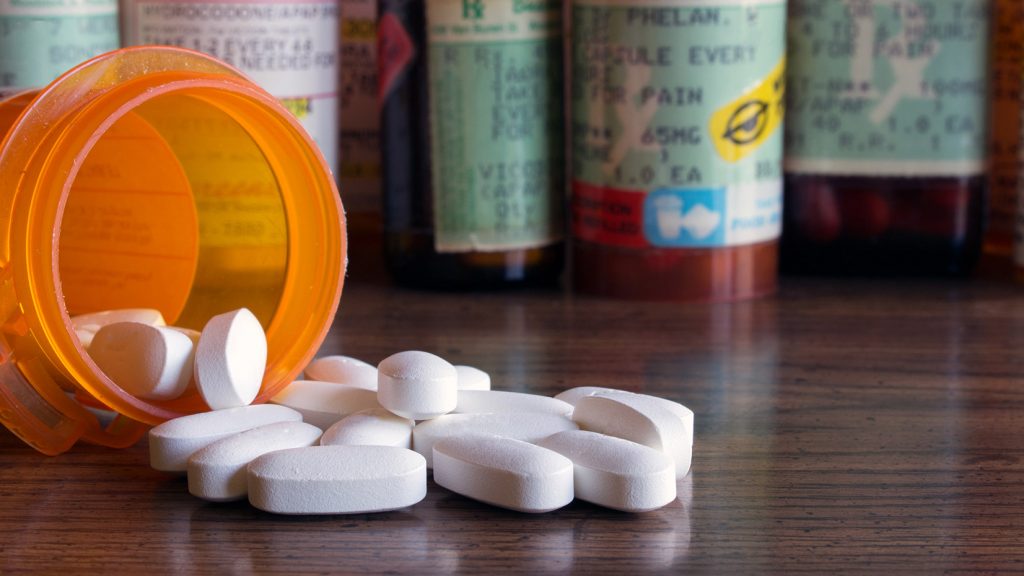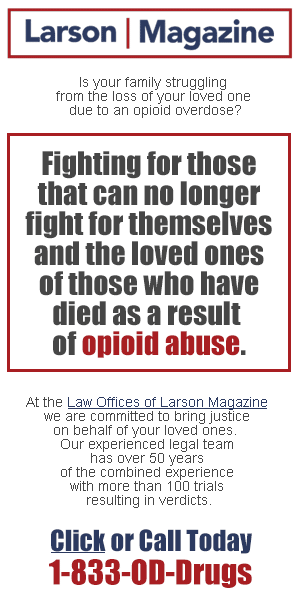At the end of April, legislators in Maine banded together to consider nearly twenty bills struck down by trigger-happy Governor Paul LePage, who has made it his mission to thwart Democrats’ efforts to pass progressive legislation.
One piece of legislation – subtitled, “An Act To Clarify the Prescribing and Dispensing of Naloxone Hydrochloride by Pharmacists” – was vetoed by LePage because he believed, along with the Maine Board of Pharmacy, that people under the age of 21 should not be allowed to take the drug, which reverses the effects of opioid overdoses. The bill (L.D. 1892) was initially passed unanimously in the state Senate and by a landslide (132-7) in the state House of Representatives.
After LePage vetoed the measure, legislators overrode his gubernatorial mandate, marking a major success for the numerous people suffering from opioid addiction in Maine. Once the measure takes effect, Naloxone will be made more widely available to those suffering from addiction, and they won’t need a prescription to take it.
Broader Context
Last year, 418 people perished in Maine as a result of drug overdoses, and of those 418, a huge majority (354) were caused by opioids. The public health crisis in the New England state stands as a microcosm in relation to the epidemic that’s been spreading throughout the US for the past several decades.
In 2016, 63,600 people died after overdosing on drugs. Nearly two-thirds (42,249) of those fatalities were caused by opioids – both illicit and prescribed – and as pointed out by CNN, the drug now kills more people than breast cancer. The problem will likely get worse, according to preliminary research conducted by the CDC. During the 12-month period ending in September 2017, the CDC found nearly 68,000 overdose-related deaths.
US Surgeon General
Politicians and experts have been scrambling to find solutions to the problem. One such solution could be providing much-needed access to the overdose-reversing drug, Naloxone, which as it stands, is too expensive for the average person to afford. The US Surgeon General himself released a notice emphasizing the importance of this drug and the stakes of making it readily available to those in need. Citing research pertaining to the educated-use of Naloxone, the notice pushes for more targeted outreach: “[I]ncreasing the availability and targeted distribution of naloxone is a critical component of our efforts to reduce opioid-related overdose deaths and, when combined with the availability of effective treatment, to ending the opioid epidemic.”
Universal Applicability
It is perplexing, then, that the Governor in Maine has refused to accept the universal necessity of Naloxone, regardless of age.
After the Pharmacy Board announced its decision to introduce a rule setting age restrictions on Naloxone, Sara Gideon, the Democratic Speaker of the House in Maine, spoke out: “Overdoses can strike at 18 or 19 or 29 or 54. And in every instance, at every age, we should do everything in our power to save every life possible,” she said, continuing, “What the Board of Pharmacy did today has no basis in medical research or expert opinion, it was merely a petulant action at the behest of Gov. LePage that directly contradicts legislative intent. While I’m grateful there is finally some clarity regarding dispensation, I will continue my work to ensure the Board of Pharmacy follows the law.”
Maine’s Trouble
This most recent veto belongs to a panoply of policy decisions aimed at the erosion of the welfare state in Maine – policy decisions based on the assumption that opioid addicts deserve their fate.
In a 10-part series published by The Portland Press Herald, writer Dennis Hoey illustrates the devastating effects of LePage’s position and the mass confusion among policy makers who can’t seem to make up their minds about a solution.
Medicaid was reduced; reimbursement rates for methadone were slashed; and access to the overdose drug, Narcan, was limited. Interviews with addicts reveal the hardship of opioids. The general consensus among users: no one really knows what this kind of addiction is like until they have no other choice but to learn; Finding treatment is difficult if not impossible for people living around or even above the poverty line; A new approach is desperately needed.
There are a number of obstacles standing in the way of substantial solutions, but it would appear the Governor is one of the biggest hurdles for progressive policy makers in Maine.



I bet if his daughter, granddaughter, son or grandson, or wife were dying from an OD this wouldn’t be a problem.